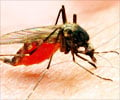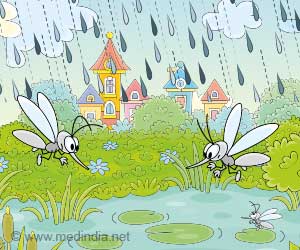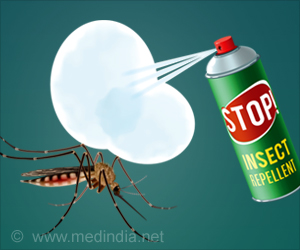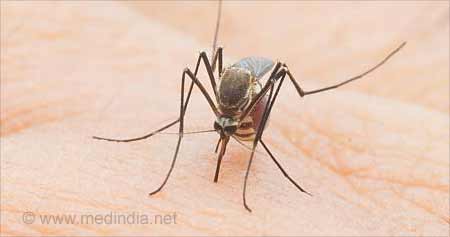Prolonged light exposure at night time may extend the mosquito-biting season and increase mosquito-borne disease transmission during autumn within urban areas.
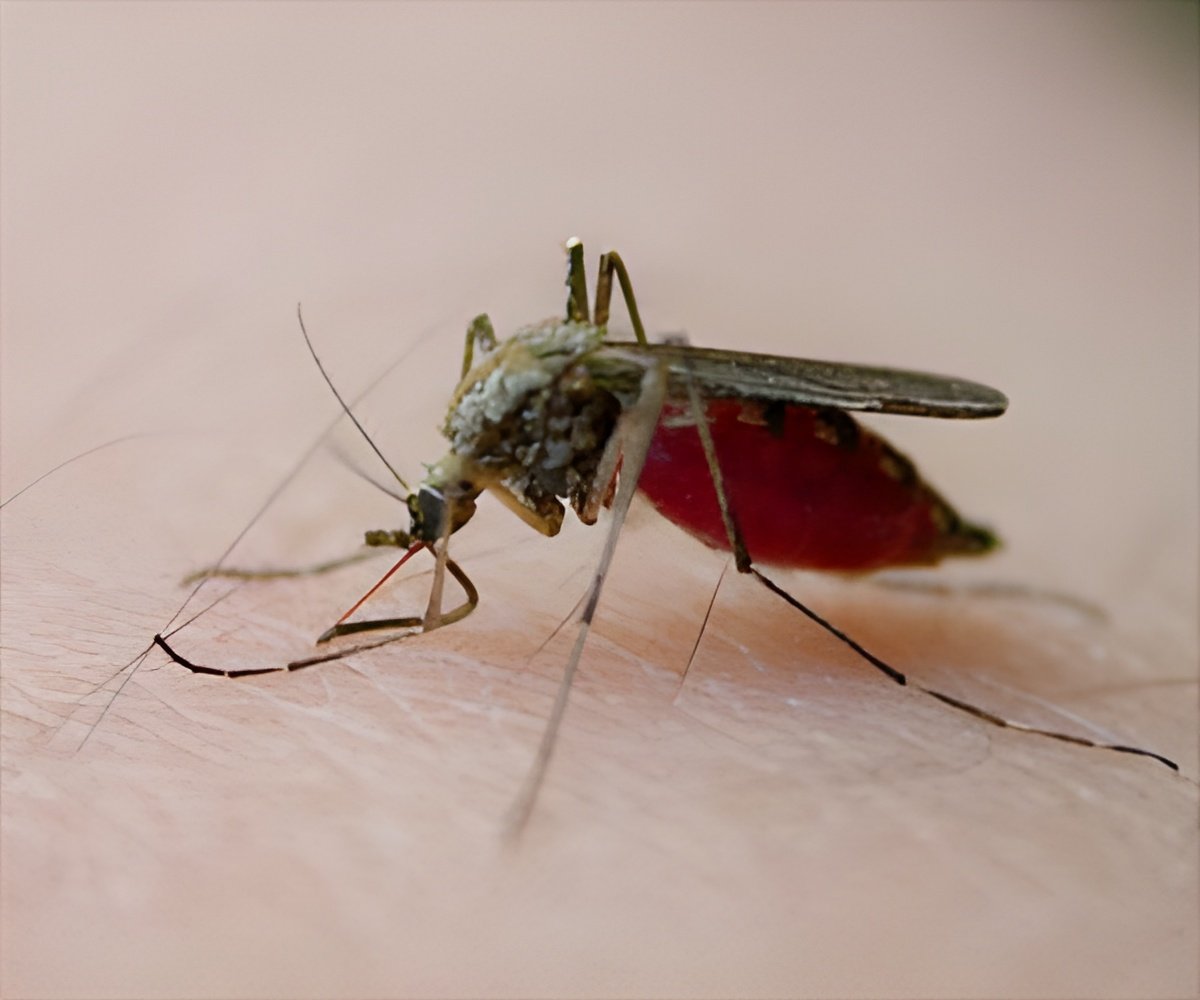
‘Light pollution in cities may disrupt nutrient accumulation and possibly interfere with the survival of mosquitoes in the winter season, extending their biting season.’





Advertisement
City Lights Disrupt Seasonal Differences in Mosquito
The good news is that the disease-carrying pests may not survive the winter if their plans to fatten up are foiled. The bad news is their dormancy period, known as diapause, may simply be delayed – meaning they are biting humans and animals long into the fall.The highest levels of West Nile virus transmission occur in the late summer and early fall in Ohio. If mosquitoes postpone or delay diapause and continue to be active longer in the year, people could be at the greatest risk of contracting West Nile virus.
This study is one among the first to show that artificial light at night could have a significant impact on mosquito behavior – including effects that are not necessarily predictable. The same urban light at night can have very different effects under different seasonal contexts.
Advertisement
Importance of Daylight in Mosquito Survival
Diapause for female Northern house mosquitoes (Culex pipiens) is not quite a winter slumber, but rather a period of dormancy when the insects live in caves, culverts, sheds, and other semi-protected locations. Before winter’s arrival, mosquitoes convert sugary sources, such as plant nectar, into fat.As days get longer, females begin foraging for blood meals to enable egg production. Some get infected with the West Nile virus by feeding on infected birds, and later transmit the virus when they feed on people, horses, and other mammals.
This study builds upon two previous findings that circadian clock genes differ between diapausing and non-diapausing mosquitoes, strongly suggesting that day length dictates when diapause should start.
And more recent work also found that female mosquitoes exposed to dim light at night averted diapause and became reproductively active – even when short days indicated they should be dormant.
In the current study, the researchers pursued both lines of inquiry, comparing daily activity and nutrient accumulation by mosquitoes reared in two lab conditions – long days mimicking the insects’ active season and short days that induced dormancy – with and without exposure to artificial light at night.
The study provided more evidence associated with a circadian pattern to mosquito behavior, showing that insects’ activity decreases during diapause, but the circadian rhythmicity of that activity is sustained even during this dormant period.
Advertisement
How do City Lights Mean More for Mosquito Bites?
Exposure to light pollution suppressed the number of water-soluble carbohydrates – sugars that are an essential food source during winter – that were accumulated by mosquitoes in both long- and short-day conditions.Patterns of accumulation of the sugar glycogen were reversed by exposure to artificial light at night: Under normal conditions, non-dormant mosquitoes had lots of glycogens in their bodies but diapausing bugs did not – but in mosquitoes subjected to light pollution, the long-day mosquitoes didn’t accumulate much glycogen and short-day mosquitoes showed an increase in glycogen accumulation.
Researchers observed consistent trends in activity-related effects of light at night, with slightly increased activity among the dormant mosquitoes and slightly suppressed activity among long-day mosquitoes expected to be busy looking for food.
Though the findings weren’t statistically significant, the combined observations suggest light pollution causes mosquitoes to ward off diapause – perhaps by scrambling signals from their circadian clock.
This could be bad for mammals in the short term because mosquitoes are potentially biting us later in the season, but it could also be bad for mosquitoes in the long term because they might be failing to fully engage in preparatory activities needed to survive the winter during diapause. Researchers are planning to carry out field studies to see if these lab findings hold in the wild.
Source-Eurekalert

